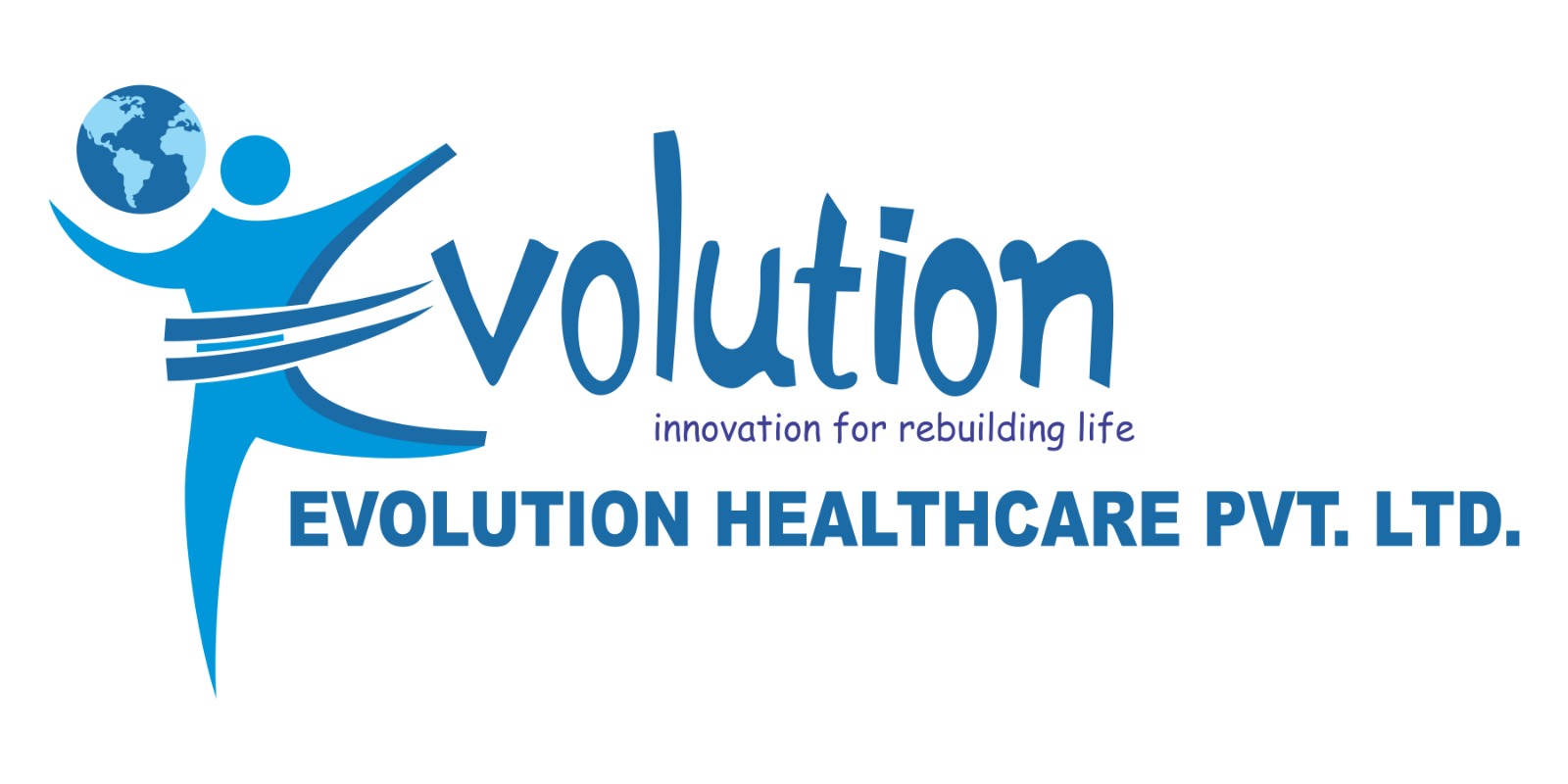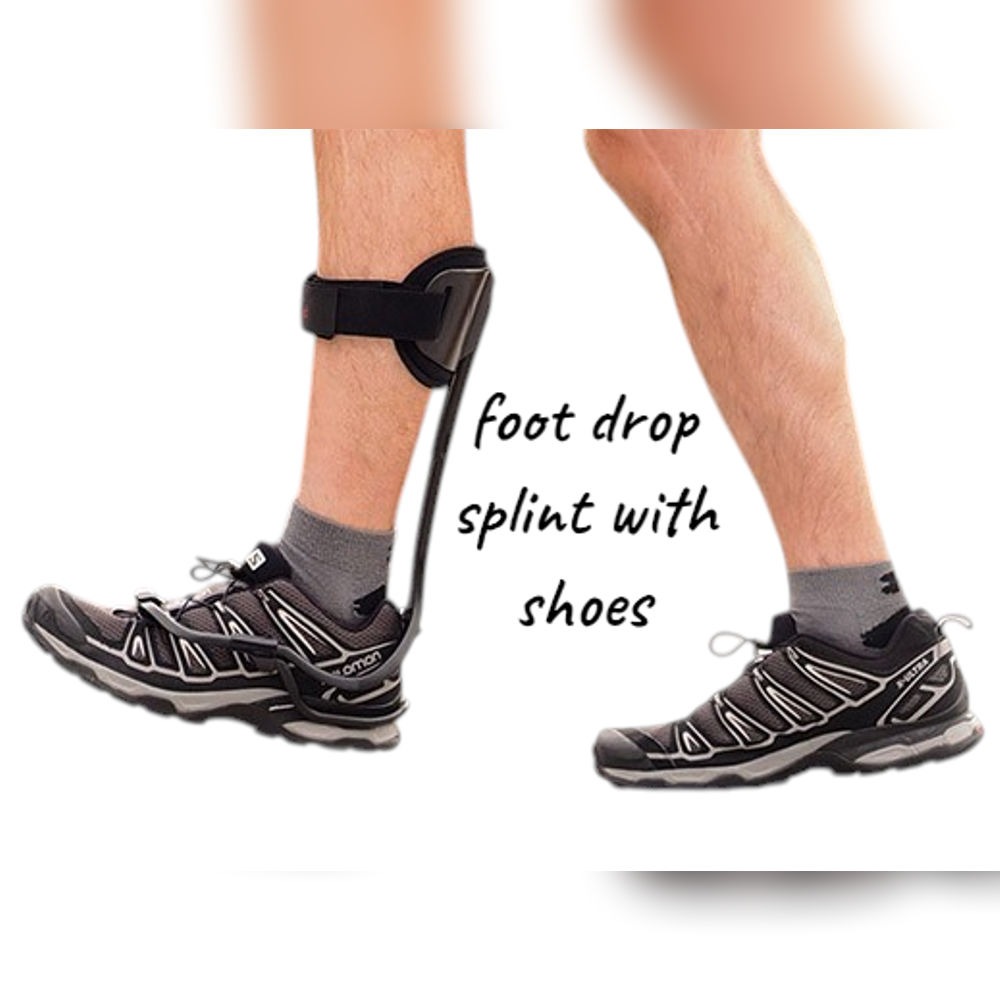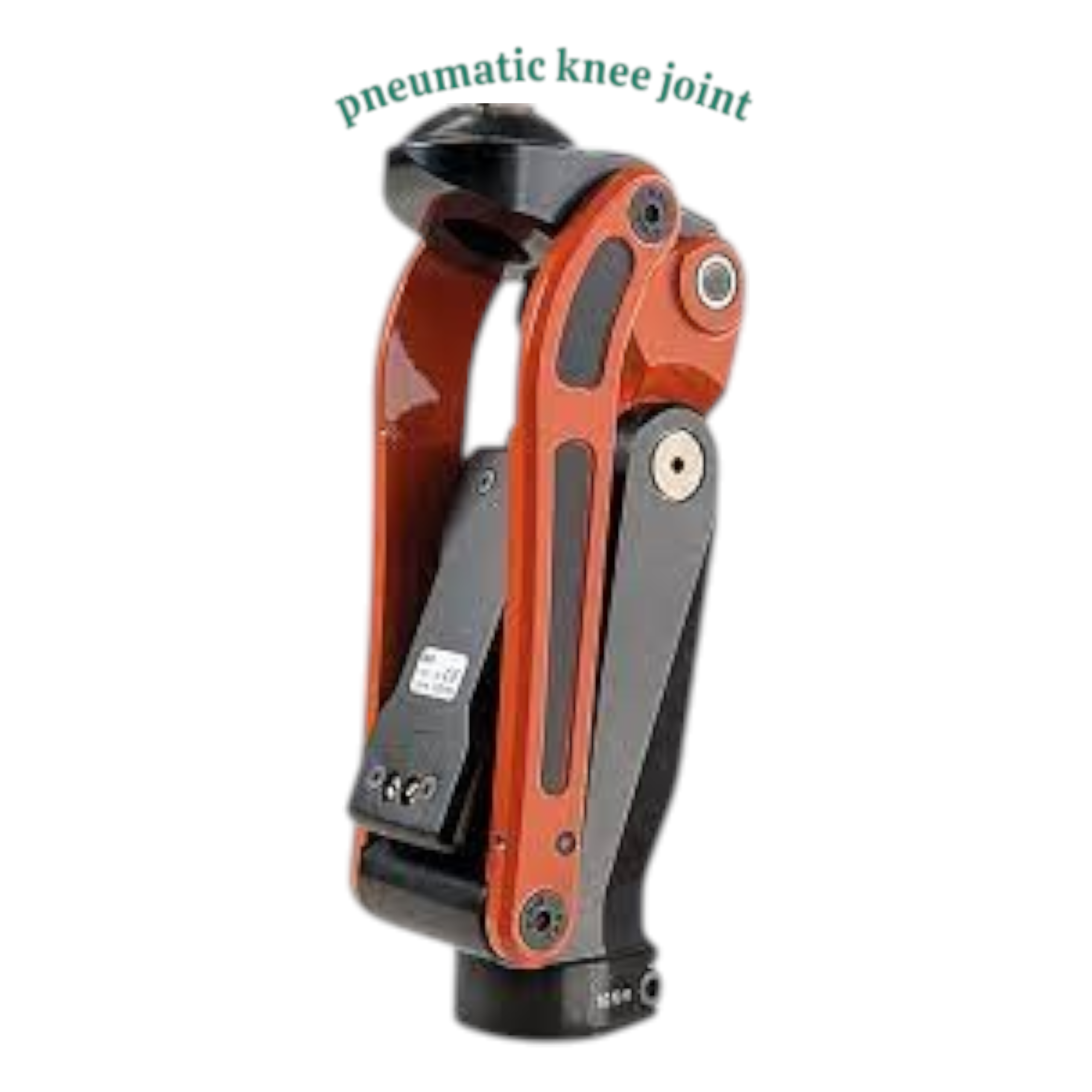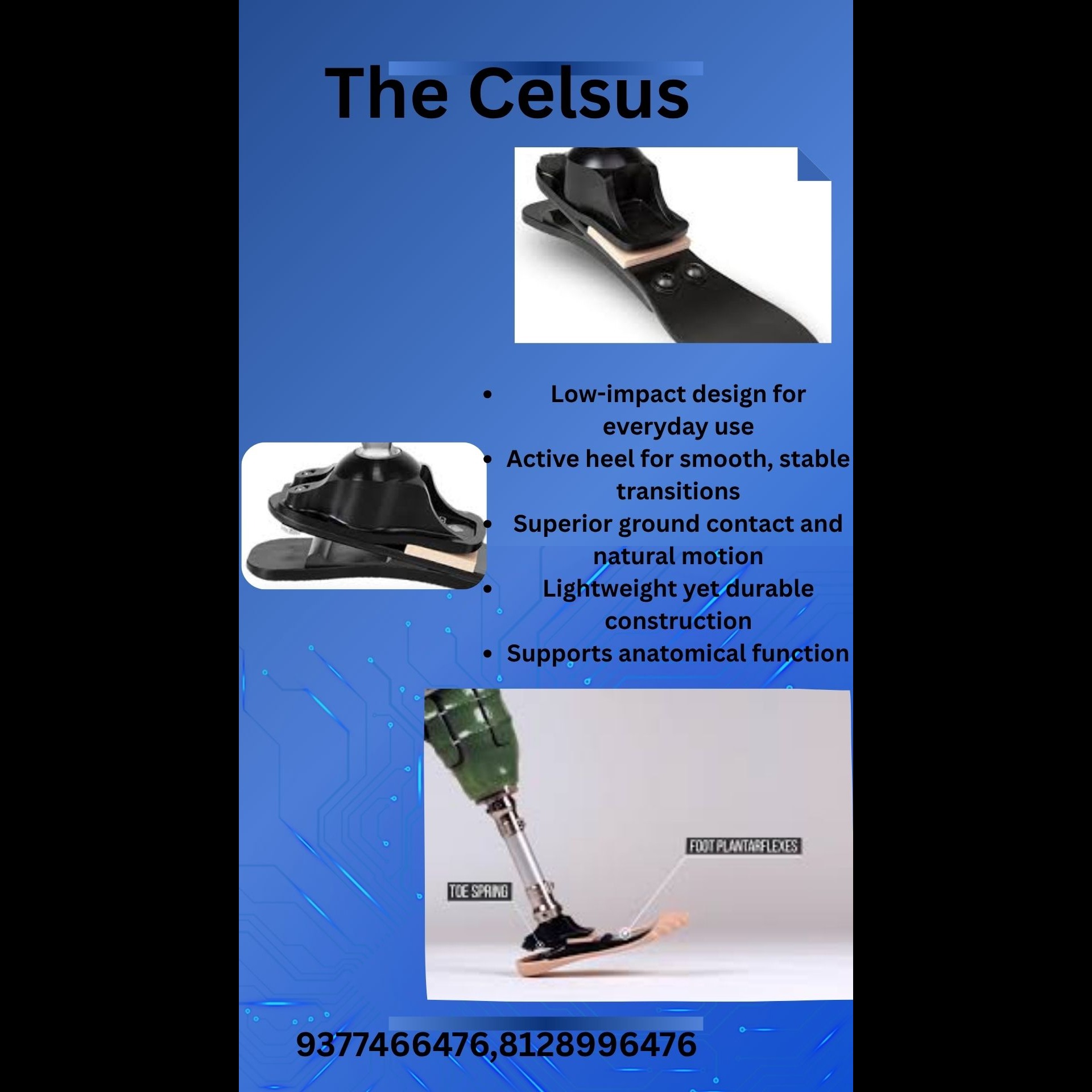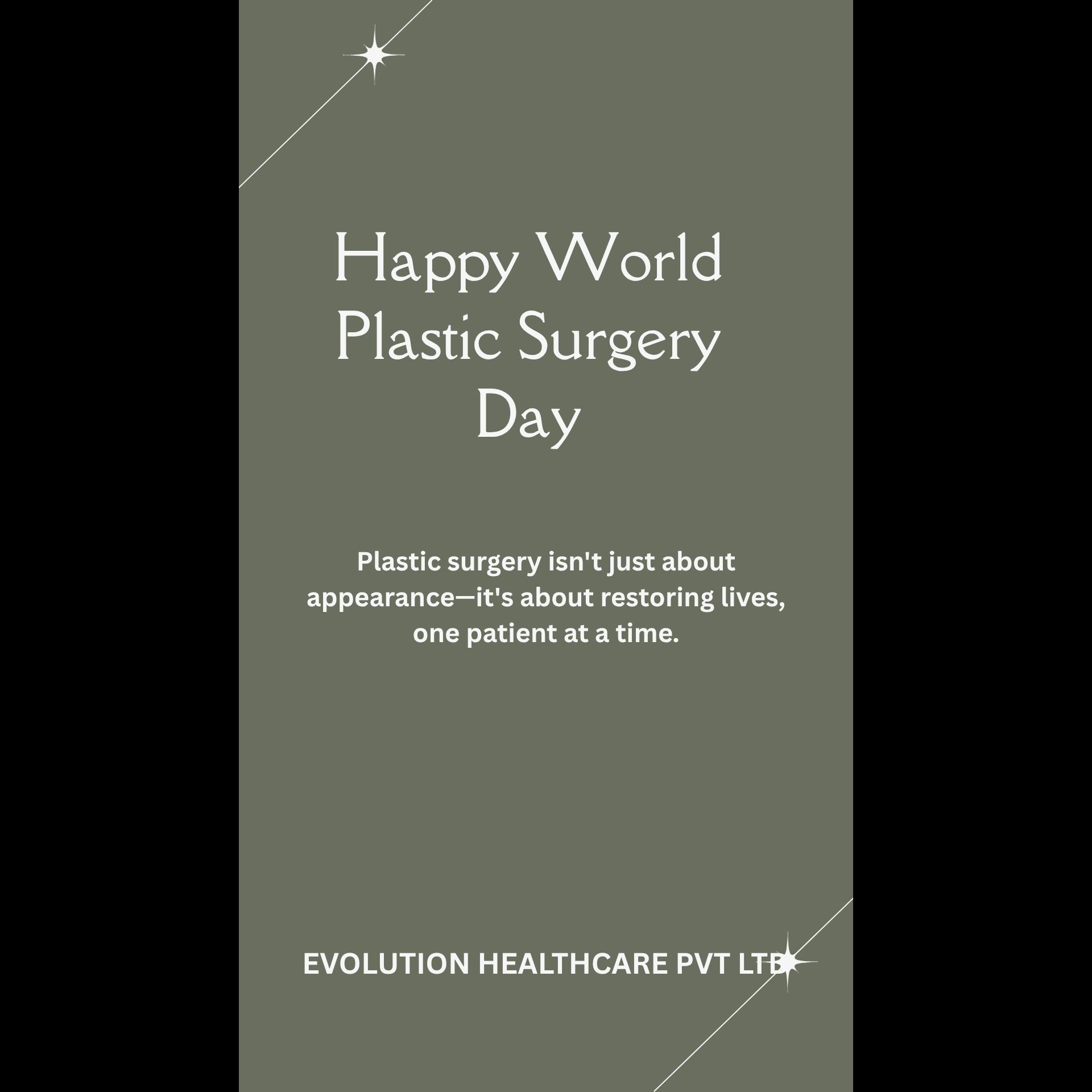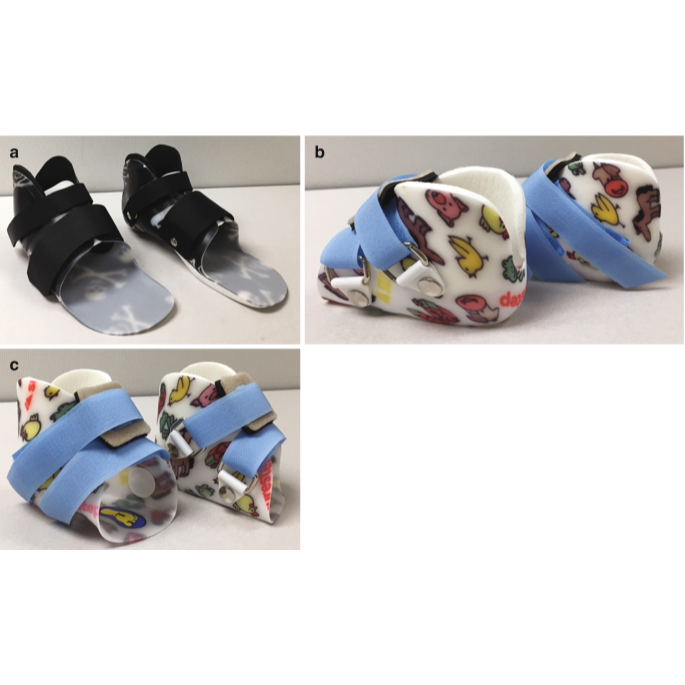
supra molecular orthosis ( SMO)
Indications
Musculoskeletal Injuries:
Supramolecular orthoses can be used in the treatment and rehabilitation of various musculoskeletal injuries, such as sprains, strains, and fractures. They provide support and stability to injured joints or limbs while promoting healing and preventing further damage.
Orthopedic Conditions:
Individuals with chronic orthopedic conditions like arthritis or osteoarthritis can benefit from supramolecular orthoses. These devices can help alleviate pain, improve joint function, and enhance mobility by providing targeted support and reducing stress on affected areas.
Sports Medicine:
Athletes often use supramolecular orthoses to prevent injuries during training and competition. These devices can be customized to support specific movements and activities, offering athletes enhanced performance and reduced risk of strains or overuse injuries.
Post-Surgical Rehabilitation:
After orthopedic surgeries, such as joint replacements or ligament repairs, supramolecular orthoses aid in the rehabilitation process. They assist in maintaining proper alignment, protecting surgical repairs, and facilitating gradual return to normal activities.
Use
Customization:
One of the primary advantages of supramolecular orthoses is their ability to be customized. They can be tailored to fit individual anatomies and accommodate specific functional needs. This customization ensures optimal support and comfort, enhancing patient compliance and overall effectiveness.
Dynamic Adjustability:
Unlike traditional rigid orthotics, supramolecular orthoses exhibit dynamic adjustability. They can adapt their stiffness or shape in response to changes in movement, activity level, or physiological conditions. This adaptability promotes natural biomechanics and reduces discomfort associated with static devices.
Enhanced Comfort:
The materials used in supramolecular orthoses are often lightweight, flexible, and breathable. This design feature improves wearer comfort, minimizes skin irritation, and allows for prolonged use without significant discomfort or restrictions.
Benefits
Improved Functional Outcomes:
By providing targeted support and alignment, supramolecular orthoses contribute to improved functional outcomes. Patients experience enhanced mobility, reduced pain, and increased stability, which can facilitate faster recovery and better long-term rehabilitation results.
Personalized Treatment Approach:
Supramolecular orthoses enable a personalized treatment approach, where the device characteristics can be adjusted based on individual patient needs and treatment goals. This personalized approach enhances patient satisfaction and adherence to prescribed therapies.
Innovative Materials Science:
These orthoses represent a convergence of advanced materials science and healthcare, showcasing the potential of supramolecular chemistry in medical applications. Ongoing research and development continue to refine these materials, enhancing their durability, reliability, and overall performance.
Cost-Effectiveness:
While initial development costs may be higher due to advanced materials and customization, supramolecular orthoses can offer long-term cost savings. They reduce the need for frequent replacements, decrease healthcare utilization related to orthopedic issues, and contribute to improved quality of life for patients.
In summary, supramolecular orthoses are at the forefront of orthotic innovation, offering versatile solutions for a wide range of musculoskeletal conditions and injuries.
Keywords
wide range
reduced risk
prolonged use
static devices
wearer comfort
design feature
activity level
gradual return
affected areas
joint function
optimal support
faster recovery
skin irritation
Sports Medicine
treatment goals
proper alignment
Enhanced Comfort
targeted support
overuse injuries
improved quality
Ongoing research
surgical repairs
ligament repairs
Use Customization
enhanced mobility
normal activities
orthopedic issues
primary advantages
joint replacements
patient compliance
specific movements
versatile solutions
orthotic innovation
overall performance
medical applications
prescribed therapies
natural biomechanics
enhanced performance
orthopedic surgeries
patient satisfaction
individual anatomies
frequent replacements
Dynamic Adjustability
overall effectiveness
personalized approach
healthcare utilization
significant discomfort
device characteristics
rehabilitation process
long-term cost savings
supramolecular chemistry
physiological conditions
individual patient needs
supra molecular orthosis
initial development costs
specific functional needs
musculoskeletal conditions
advanced materials science
supramolecular orthoses aid
traditional rigid orthotics
Post-Surgical Rehabilitation
Improved Functional Outcomes
Innovative Materials Science
chronic orthopedic conditions
Personalized Treatment Approach
various musculoskeletal injuries
long-term rehabilitation results
